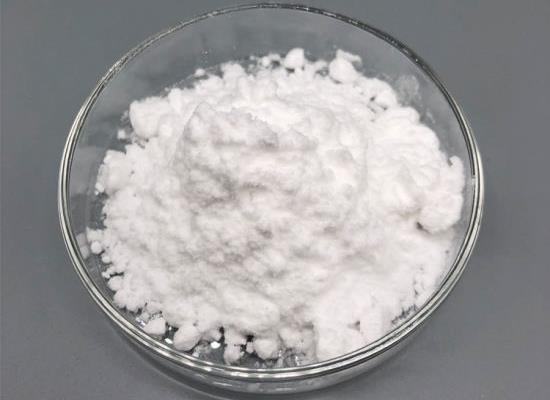Active Pharmaceutical Ingredients (API), popularly speaking, are the raw materials of medicines, only pharmaceutical raw materials are processed into pharmaceutical preparations , can they become medicines available for clinical use, so drugs we usually eat are the finished drugs through processing. Active Pharmaceutical Ingredients based on its sources can be divided into two major categories ,including chemical synthetic drugs and natural chemical drugs. Chemical synthetic drugs can be divided into organic synthetic drugs and inorganic synthetic drugs. Inorganic synthetic drugs are inorganic compounds ( very few is element), such as aluminum hydroxide, magnesium trisilicate which are used for the treatment of gastric and duodenal ulcers ; organic synthetic drugs are mainly composed of drugs made by basic organic chemical raw materials, through a series of organic chemical reactions (such as aspirin, chloramphenicol, caffeine, etc.). Natural chemical drugs ,based on its sources,can be divided into two categories including biochemical drugs and plant chemical drugs. Antibiotics are generally made by the microbial fermentation, which belongs to the biochemistry category. A variety of semi-synthetic antibiotics occurs in recent years,which are biosynthesis and chemical synthesis combining products.Among active Pharmaceutical Ingredients, the organic synthetic drugs varieties, yields and values have the largest proportion,which are the main pillars of the chemical and pharmaceutical industries. The quality of active Pharmaceutical Ingredients decides whether the formulation is good or bad , so its quality standards are very strict ,countries in the world have developed national pharmacopoeia standards and strict quality control methods for its widely used active Pharmaceutical ingredients.
Sorafenib Tosylate: Biological Activities and Future Developments
Sorafenib tosylate, effective in hepatocellular carcinoma and renal cell carcinom, aims for enhanced efficacy through combinations with other agents, despite challenges in managing adverse events.
Nov 20,2024 APIPhytic Acid: In-depth analysis and cutting-edge applications of multifunctional natural compounds
Phytic Acid is a compound found in plants that stores phosphorus (P) in a highly stable form and also binds with various nutrients, including minerals, proteins, starches, and lipids.
Nov 20,2024 APIFenofibrate and Choline fenofibrate: which one is better?
Choline fenofibrate and fenofibric acid had better in vivo pharmacokinetic behaviour than fenofibrate.
Nov 20,2024 APIAprepitant: Mechanism of action, Side effects and Pharmacokinetics
Aprepitant is a neurokinin-1 receptor antagonist that, in combination with a glucocorticoid and a 5HT3 receptor antagonist, is very effective in preventing chemotherapy-induced nausea and vomiting.
Nov 20,2024 APIDapagliflozin: A Breakthrough in Diabetes Management and Beyond
Dapagliflozin, has emerged as a pivotal player in the management of type 2 diabetes mellitus.
Nov 20,2024 APIWhat is the Pharmacokinetics of Dabigatran etexilate mesylate?
Dabigatran etexilate mesylate, also known by its brand name, Pradaxa, is a type of anticoagulant blood thinner that treats and prevents certain types of blood clots in people ages 8 years and older.
Nov 20,2024 APIPaeonol: Chemical Properties, Biological Activities, and Applications in Pharmaceuticals and Cosmetics
Paeonol has garnered significant attention in the chemical and pharmaceutical industries due to its broad spectrum of biological activities.
Nov 20,2024 APIIs Carbon tetrabromide a polar or nonpolar compound?
Carbon tetrabromide (CBr4) is a non-polar molecule with the same polarity as the CO? molecule.
Nov 19,2024 APIAmmonium lauryl sulfate: Applications and Toxic Mechanism
Ammonium lauryl sulfate enhances fuel cells and latex production but poses health risks due to mitochondrial-induced apoptosis.
Nov 19,2024 APIBaricitinib: Clinical Efficacy and Safety
Baricitinib is effective for Alopecia Areata and has a favorable safety profile, supporting its use in atopic dermatitis treatment.
Nov 19,2024 API












